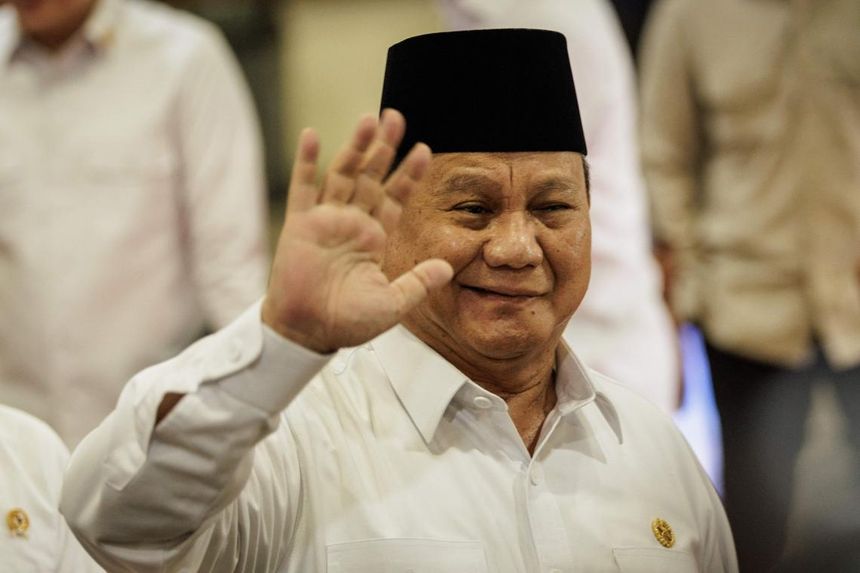Indonesia is gearing up for trade talks with the U.S. after Washington decided to slap a 32% tariff on its goods. In response, President Prabowo Subianto has ordered his team to cut red tape and ease trade restrictions to keep exports competitive.
The government is crunching numbers to figure out how badly this tariff will hit industries like textiles, electronics, and palm oil sectors that rely heavily on exports. A delegation is set to head to Washington D.C. soon to negotiate before the tariffs kick in on April 9.
Officials say these efforts are about keeping Indonesia attractive for investment and maintaining economic momentum. Before the tariff announcement, Indonesia’s Coordinating Minister for Economic Affairs, Airlangga Hartarto, had already discussed trade cooperation with U.S. Representative Carol Miller. Their talks touched on food commodities like soybeans and wheat, clean-energy projects, and critical minerals.
Meanwhile, Indonesia is also coordinating with Malaysia, which currently leads ASEAN, to tackle the tariff issue together. The U.S. is a major trade partner for Indonesia, contributing to a $16.8 billion non-oil and gas trade surplus last year. Key Indonesian exports to the U.S. include electronics, textiles, seafood, footwear, and palm oil.
With palm oil exports at risk, industry leaders are calling for alternative markets and trade policy adjustments to soften the blow. Employers are also urging the government to strike new bilateral deals with the U.S.
On the financial side, Indonesia’s central bank and government are working to keep the rupiah stable and maintain foreign exchange liquidity. With financial markets reopening on April 8 after the Hari Raya holidays, the country will be facing not just U.S. trade tensions but also local economic uncertainties, including the restructuring of state-owned enterprises and government spending plans.
Economists warn that restoring investor confidence will be crucial in the coming weeks.
